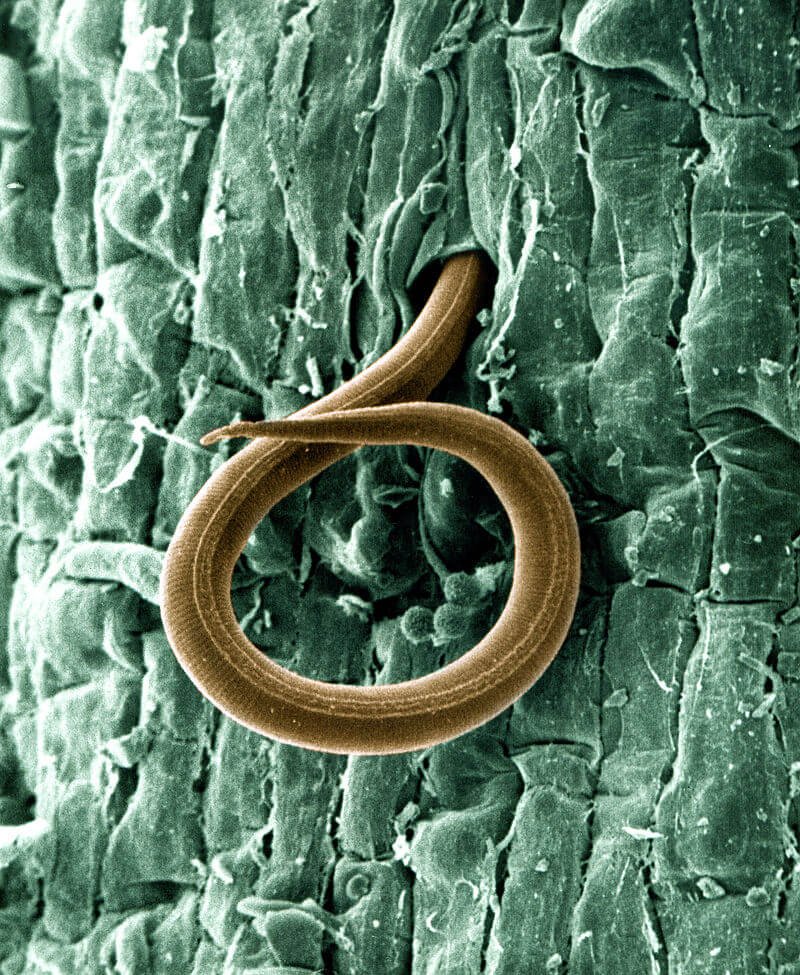Root knot nematode is one of the serious problems in growing solanceous crops including tomato. Thus, scientists from the University of Agricultural Sciences in India [attempted] to develop tomato’s resistance against root knot nematode through genetic engineering.
[Editor’s note: Read the study’s abstract to learn more about the research.]
Lectin genes from a perennial herb….and soil-borne fungus….were introduced into tomato using Agrobacterium tumefaciens transformation. Polymerase chain reaction showed that 101 rvl1 and srl1-transformed plants exhibiting kanamycin resistance carry transgenes with 4.59% transformation efficiency. Mendelian segregation of the introduced genes was observed in the first generation of progenies.
Three promising events of rvl1 and srl1 were selected and grown then exposed to root knot nematode. High levels of resistance were observed in the transgenic plants in comparison with the non-transformed control. These results indicate that the technology can be used for variety development of root knot nematode resistant tomatoes.
Read full, original article: Crop Biotech Update































